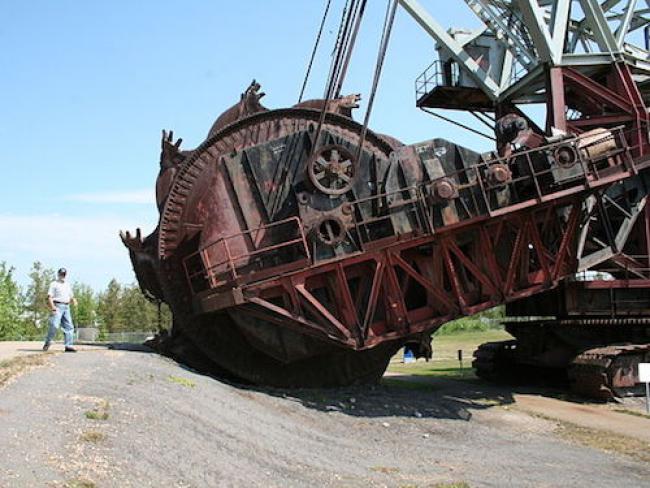Articles Menu

Late last week, Bloomberg reported that a US$320-billion Saudi wealth fund controlled by Crown Prince Mohammed bin Salman had snapped up shares in Canadian Natural Resources Ltd. and Suncor Energy, becoming CNRL’s eighth-largest and Suncor’s 14th-largest owner. The fund made its move after CNRL’s shares lost 43% of their value this year, and Suncor’s dropped 46%, compared to a 15% decline across the Standard & Poors/Toronto Stock Exchange Composite Index.
The news came just days after the US$1-trillion Norges Bank, the world’s biggest sovereign wealth fund, announced it was blacklisting CNRL, Suncor, Cenovus Energy, and Imperial Oil, for “acts or omissions that on an aggregate company level lead to unacceptable greenhouse gas emissions”. The announcement, driven by ethical guidelines set by the Norwegian parliament, came alongside decisions to drop investments in coal mining giants Glencore and Anglo American, German coal utility RWE, South African petrochemical producer Sasol, and The Netherlands’ AGL Energy.
“The fund, set up in 1996 to save Norway’s oil revenues for future generations, now holds about 1.5% of globally listed shares and its decisions are often followed by other investors,” Reuters explains. “Excessive greenhouse gas emissions became a criterion for exclusion four years ago. But the central bank, the fund’s ethics watchdog, and the finance ministry took time to agree on what constituted an unacceptable amount of emissions.”
Now, “Wednesday’s announcement opens the way for more companies to be excluded on those grounds,” the news agency adds. “The head of the fund’s ethics watchdog told Reuters in March that, once the first ones were published, other companies would follow. Concrete and steel firms have also been probed, he said, without naming them.”
Prime Minister Justin Trudeau cast the announcement as part of a continuing shift in global attitudes to which Canadian fossils will have to adapt, CBC reports.
“We’ve seen investors around the world looking at the risks associated with climate change as an integral part of investment decisions they make,” he told media last Wednesday. “That is why it is so important for Canada to continue to move forward on fighting climate change and reduce our emissions in all sectors.…Many companies in the [fossil] energy sector have understood that the investment climate is shifting, and there is a need for clear leadership and clear targets to reach on fighting climate change to draw on global capital.”
Alberta Energy Minister and former pipeline executive Sonya Savage called the announcement “poorly informed and highly hypocritical”, claiming that “Canada’s energy producers have some of the highest environmental, social, and governance standards in the world. A recent review of these standards put Canada—driven by Alberta’s energy sector—third behind only Norway and Denmark.” Cenovus CEO Alex Pourbaix agreed that “pulling investments from the oilsands and claiming it’s for climate change reasons is more about publicity than fact”.
But analysts at the World Economic Forum didn’t entirely agree, issuing an annual scorecard that ranked Canada 28th and lacking in consistent movement in the transition to a more secure, sustainable, and affordable energy future, the Globe and Mail reports. The top 10 countries in the index were all European.
“Canada’s per capita greenhouse gas emissions certainly played a part in its placement behind a swath of Scandinavian and European countries,” the Globe says. “However, Roberto Bocca, who heads up the agency’s energy future platform, said Canada’s placement is typical of many advanced economies that are struggling to boost their preparations to transition to cleaner energy.”
Bocca said the country is moving in the right direction on carbon pricing, but needs to shift from energy efficiency standards to mandatory targets, and could consider devoting post-pandemic stimulus money to pursuits like carbon capture and storage, clean hydrogen, and grid modernization.